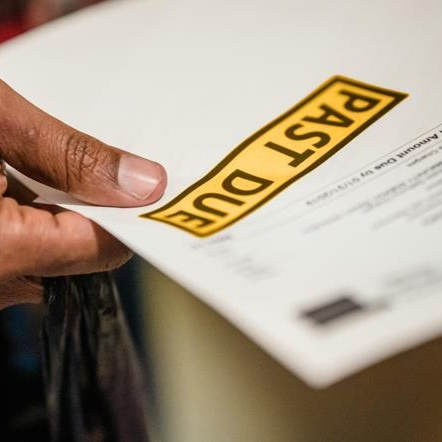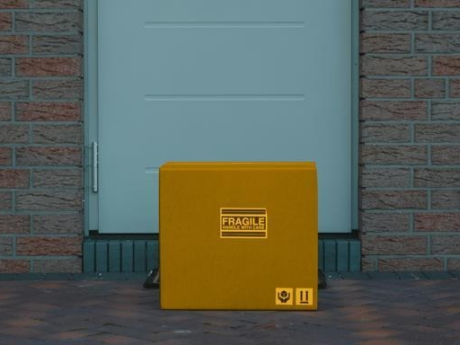Wage garnishment: How it works and what you can do
Licensed Insolvency Trustee

Licensed Insolvency Trustee
P.E.I. is the first province to make changes to the cost-of-living calculations for wage garnishment orders. However, given record inflation and rising cost of living, more provinces may follow suit. Wage garnishment is the only debt collection method that has a direct impact on your income and can therefore play a major role in the cycle of debt and your finances. If you or someone you know is facing wage garnishment, check out these seven questions to stay informed and prepared:
What is wage garnishment?
A wage garnishment is a legal action where a creditor receives a portion of your income as payment for debt you owe. The laws around wage garnishment vary between provinces, but generally, a creditor must first prove their claim in court and receive a judgment against you. Once they’ve received the judgement, they apply for an order requiring your employer to pay a percentage of your earnings into the court and, through them, back to the creditor.
How much of my income can be garnished?
The amount of income that can be garnished differs based on your province of residence. Most provinces calculate garnishment based on your net income, and few allow for payments of more than 50%. Some provinces, like Alberta and P.E.I., also include an exempt amount intended to cover basic living expenses like housing, food, transportation, and other necessities for yourself and any dependents. However, many provinces have not updated these calculations in over a decade and have fallen behind the rate of inflation.
There are a few cases where your garnishment could exceed provincial limitations. The Canada Revenue Agency (CRA) and child support debts can be garnished at a higher rate and collected in addition to any existing wage garnishment. Aside from these exceptions, multiple wage garnishments will not affect the amount you pay, and the paid funds will be split between creditors by the court.
Can they seize other assets like my bank account, car, or house?
A garnishment order can be served to your bank instead of your employer. This allows the creditor to seize money directly from your accounts and sometimes do so in larger quantities than a traditional wage garnishment. Additionally, if your pay is subject to an assignment of wages with a Credit Union, a court order isn’t required to begin garnishment.
Wage garnishment is one of many potential legal actions creditors can take to recover their money.
Does my employer have to comply with a wage garnishment?
Once your employer has been notified, they have a duty to comply. If your employer fails to obey the order, they could be held liable for the amount they should have deducted from your personal income. The amount your employer can withhold from your paycheque will vary based on your province of residence and overall income. Whatever amount is deducted will be sent to the court and through them, to your creditor.
Your employer is not allowed to fire you or make other decisions about your employment because of a garnishment order, but it can be a stressful situation.
Is my wage garnishment public?
Most wage garnishment orders are filed through the court system and are therefore a matter of public record. Though these records aren’t broadly publicized, they can be found through your local court and are often accessible online.
Some creditors, such as the CRA, partners requesting child support, and credit unions with wage assignments, do not have to go through the court to garnish your wages making them less publicly visible. Credit reports also don’t share specific collection actions as part of their record, but the debt and amount owing will still be included.
Can the CRA garnish my wages if I owe income tax debt?
CRA follows different rules and processes when it comes to collecting tax debt. The CRA does not require a court order to garnish your wages but instead uses a requirement to pay. This has the same effect as wage garnishment, but the funds will be sent directly to the CRA. The CRA can also withhold your GST/HST, tax return, and Employment Insurance to pay off your debt.
How can I stop a wage garnishment?
Your first option to stop wage garnishment is to negotiate with your creditors and make a separate arrangement to pay off your debt. One way to do this is with a consumer proposal filed with a Licensed Insolvency Trustee. With a consumer proposal, you can consolidate all your debts into a single monthly payment and put a stop to interest payments, collection calls, and even wage garnishment. If you’re facing wage garnishment or struggling with debt, book your free consultation today and start your road to debt freedom.
Take the first step to debt freedom
Speak to one of our debt solutions professionals during a free, no-obligation consultation.
Related articles
Loading








